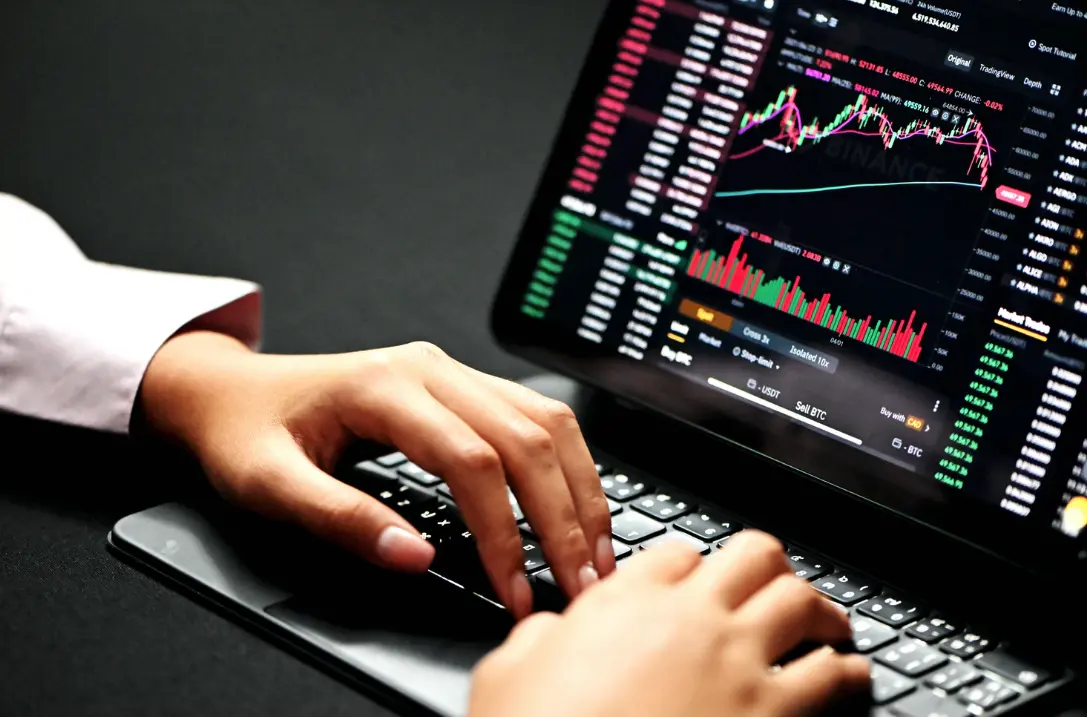Trading currencies has become increasingly easier thanks to advanced technology, which has made it possible to trade forex and other digital assets on mobile devices. Also, leveraging trades makes it possible for one to start forex trading even with a small amount of capital. Thus, margin trading allows traders to leverage trade even with a small amount of capital.
So what is a trade margin? The term is associated with trading stocks and forex, where a trader places trades on platforms like PrimeXBT using some little capital to magnify returns. But if things don’t go as planned, the losses incurred may also be magnified.
Margin trading is appealing to traders because it has the potential for higher returns. It is a form of leveraging that gives a trader a chance for higher trade returns. As such, a trader needs to understand what a trade margin is and the terms associated with the trade. Continue reading to broaden your understanding of margin trading.
Forex Margin
It refers to the faith a trader puts into collateral to be allowed to trade. It could be the minimum amount of money one needs in an account to open a trading position. The margin is normally a fraction of the trade size in forex trading. Without this margin, a forex trader would be required to deposit a huge amount of money to be allowed to take a trade. Thus the difference between the amount of deposit a trader makes and the full trade value is what they borrow from a broker.
Leveraging
It refers to the ability to increase the number of shares or the times you would be allowed to trade beyond what you could otherwise afford if you were to pay cash. Thus, a trader can control and trade huge amounts of money by borrowing more from a broker and using very little of their own money.
For instance, to control a $100,000 position without leveraging, a trader may be required to have $100,000 in their account. However, because of leverage, a trader only needs to set aside $1,000 from their account. Their leverage is thus expressed in a ratio of 100:1, meaning that they can control $100,000 with only $1,000 in their account.
Leveraging thus allows traders to increase their market exposure beyond their level of investment. As a result, their initial investment, which is too small, is added to the borrowing from a broker to fund a trade.
Forex Margin Requirements
Forex margin refers to a fee one pays to place a trade. However, this is not a transactional cost; it is some portion of account equity set aside as a margin deposit. It is thus the amount of money needed to open a position. Notice that the amount increases as the trade size increases. Therefore, the amount moves to the next tier when the trade size increases. So, during times of high volatility, the margin requirements may be increased. Also, when the margin levels dip, the trader may be prohibited from opening new levels.
Further terms associated with Forex Margin
As you enter forex trading, you must master some basic forex margin terms. The commonly used ones are:
Equity – refers to the balance in a trading account after you add profits to the cash balance and subtract the losses incurred.
Margin requirement- refers to the amount of money the trader needs to deposit in their account to leverage a trade.
Used margin- a fraction of account equity set aside so as to keep existing trades active.
Free margin- equity in an account less the margin used
Margin call – refers to the action to liquidate some open trades to help bring back equity to an acceptable level. It happens when a trader’s equity falls below the level a broker prescribes
Final Thoughts
Margin trading is critical to both forex and stock traders on either PrimeXBT or any other platform. It allows them to leverage currencies and securities. Also, it allows them to access a line of credit and purchase additional securities or currencies without needing to top up their capital. Thus, understanding some of the terms associated with margin enables traders to trade margin comfortably.
Aayush Kumar Gupta is the founder and creator of ExploringBits, a website dedicated to providing useful content for people passionate about Engineering and Technology. Aayush has completed his Bachelor of Technology (Computer Science & Engineering) from 2018-2022. From July 2022, Aayush has been working as a full-time Devops Engineer.

